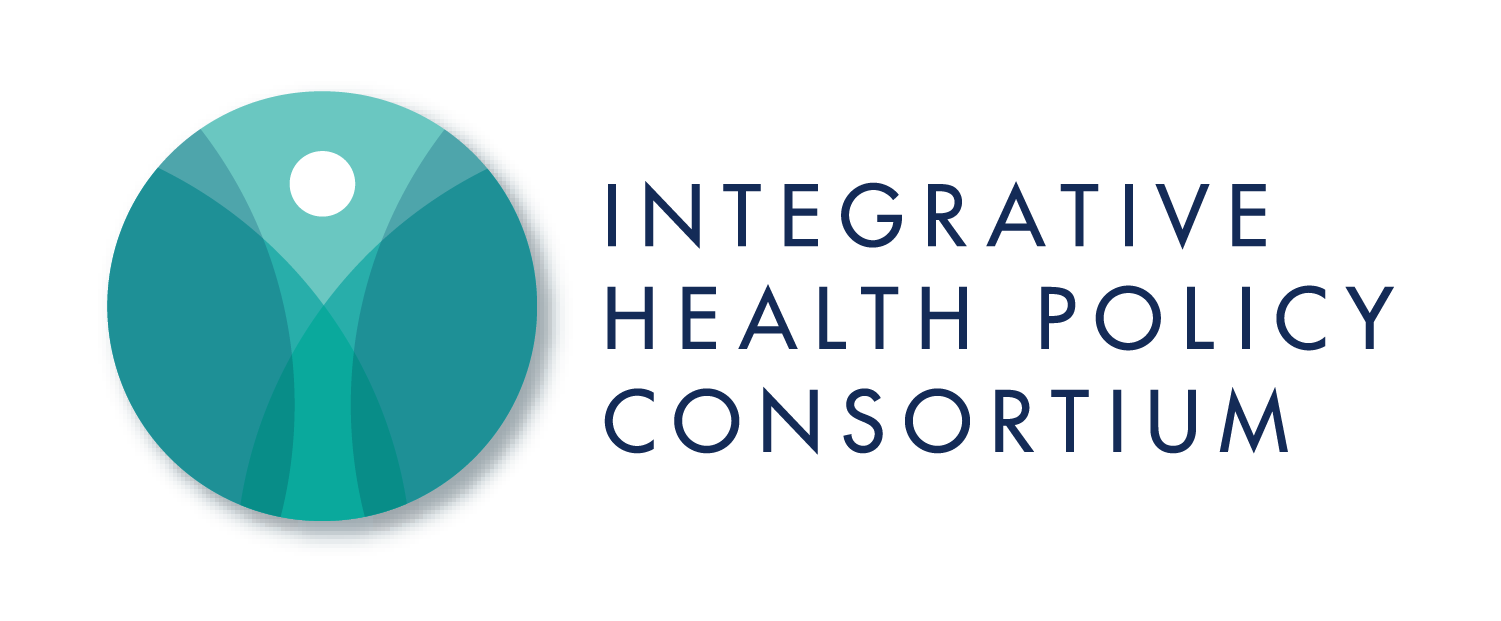Why Is Public Policy The Solution?
Public policy is part of the solution. It is the part that IHPC attends to. For patient-centered, prevention-oriented health care to flourish, many core public policies that govern today’s healthcare system must be fundamentally redesigned. It is true that activity in the private sector has recently produced measurable benefits in fostering health promotion and disease prevention. However, these incremental shifts remain on the periphery of a much larger dialogue on US health care that needs to be completely redirected. Expanding such initiatives to affect the public’s health over the long term requires a strongly supportive policy environment focused on integration and wellness.

A few examples of key issues include:
- The federal government decides which institutions receive funding to educate and train our nation’s health professionals. Without a strong voice at the table for integrated healthcare, the funds will continue to be directed toward institutions that have not embraced integrated care. The result? Fewer patients will have access to such care in the marketplace despite the overwhelming consumer demand for such services. Changing such entrenched attitudes requires a focused, long-term, effective public policy strategy.
- The federal government decides which types of healthcare providers are eligible to participate in loan forgiveness programs. Without a strong voice at the table for healthcare integration, most CAM practitioners will still be excluded from participation in the National Health Service Corps. The result? Consumers in rural and underserved areas will continue to encounter significant barriers in accessing integrated healthcare services, and some local communities that could be served by non-MD providers may still have no nearby care.
- The federal government decides which types of healthcare research projects receive funding. Without a strong voice at the table for integrated healthcare, research priorities will continue to be defined almost entirely by reductive parameters, and will not focus on the “real world” research necessary to facilitate the appropriate application and delivery of integrative care. The result? Ultimately, our large and cumbersome healthcare system will not change without a research foundation to validate the most effective approaches in treatment and delivery of care.
IHPC’s public policy agenda focuses on creating an integrated healthcare system nationwide. Integrated health care is more than integrated medicine. Integrated healthcare gives people access to all the forms of healthcare that are safe and well-regulated in this country, including: conventional medicine (which includes integrative medicine as an emerging discipline), allied health professions (such as nursing, physical therapy, social work, psychology, etc.), traditional Chinese medicine, chiropractic, therapeutic massage, naturopathic medicine, holistic nursing, and direct-entry midwifery, and whole foods nutrition. A comprehensive integrated healthcare system will also be a strong voice for healthy environmental and agricultural policies, since what we eat, breathe and drink has such powerful and well-documented effect on our health.
Our legislative agenda includes seeing that Congress provides support for both the infrastructure and the research needed to create and sustain a patient-centered, cost-effective integrated healthcare system.
You Can Be A Part Of IHPC’s Efforts – Right Now!
By making a generous donation when you click on the DONATE button.
